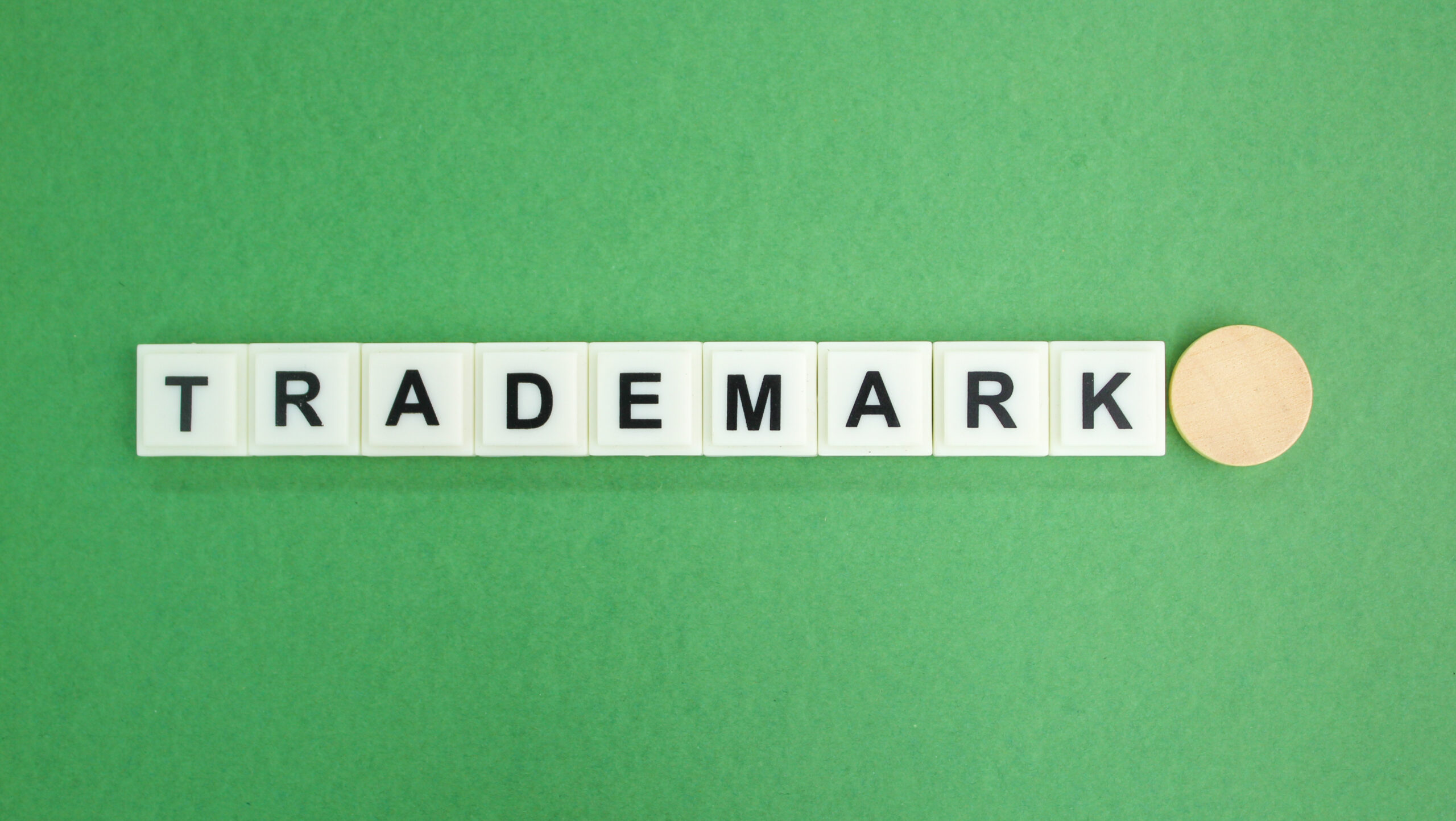What is passing-off in trademark?
Passing off is a legal action to protect a business’s goodwill and reputation when another party misrepresents its goods or services as those of the original business. It occurs when one business uses a mark or branding similar to another, leading to confusion in the marketplace.
Key Points of Passing Off:
– Unauthorized Use: Passing off happens when someone sells goods under a mark that causes consumers to believe it’s from another established brand.
– Protecting Goodwill: It safeguards the reputation tied to unregistered trademarks, preventing others from unfairly benefiting from another’s brand recognition.
– Registered vs. Unregistered Marks: If a trademark is registered, infringement leads to a suit for infringement. For unregistered marks, passing off is the legal recourse.
– Reputation-Based Claim: A passing off case depends on proving that the brand has established goodwill and that the defendant’s actions caused consumer confusion.
– Unfair Competition: Passing off protects businesses from unfair competition by ensuring no one can take advantage of another’s market presence.
Passing off helps protect a brand’s identity, ensuring that businesses with established reputations are not misrepresented or exploited by others in the market.


